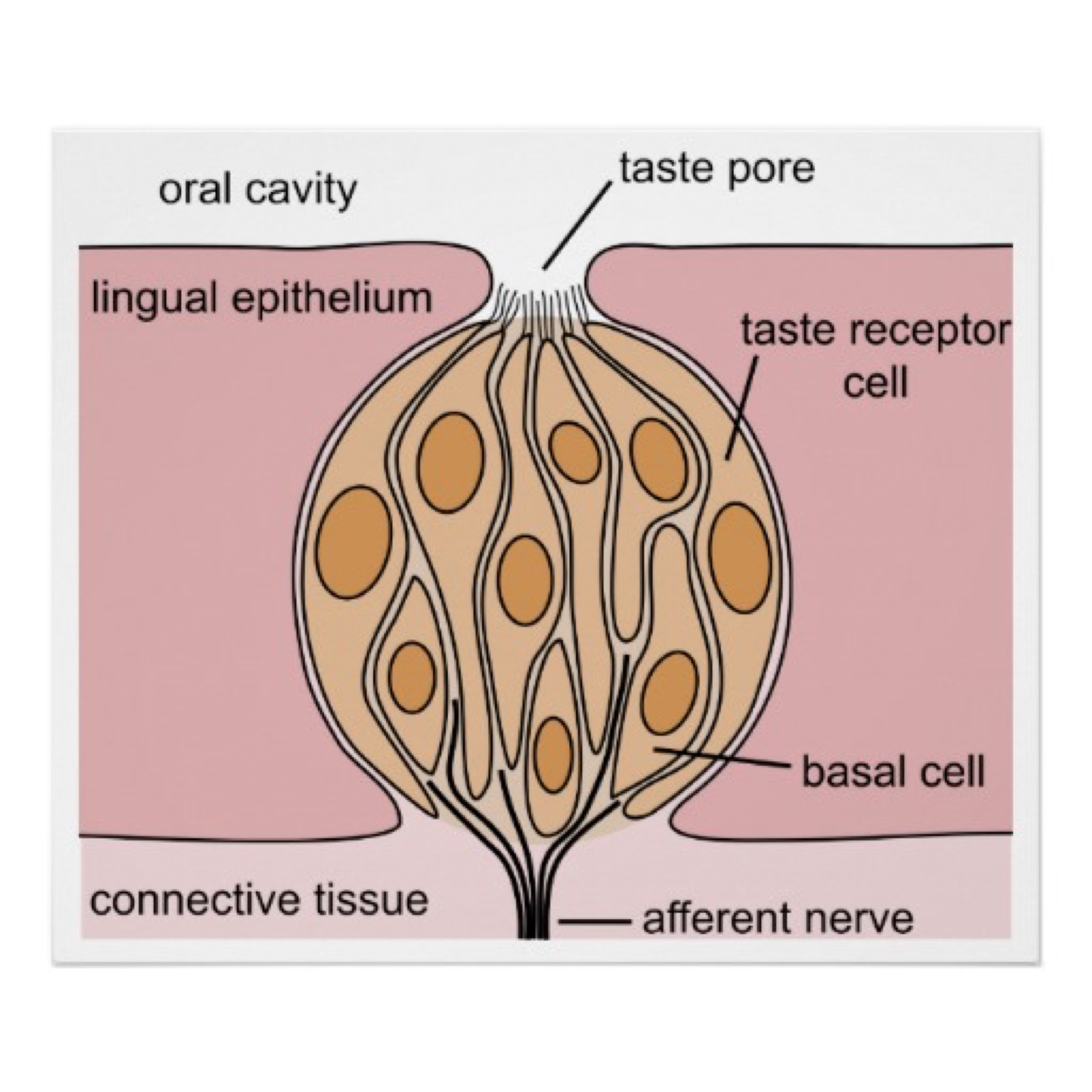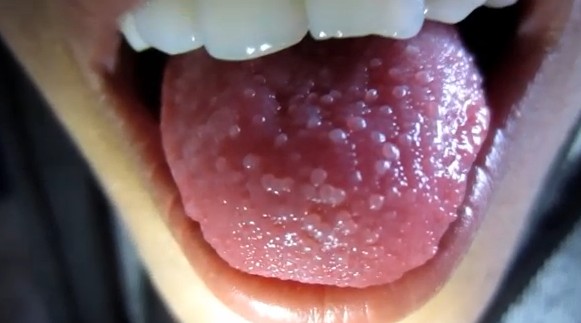

There are tiny taste buds inside your mouth: On your tongue, in your throat, even on the roof of your mouth. These safety measures are especially important if your sense of smell has diminished.


Some medications like antibiotics or blood pressure medicine.

Talk to your doctor about how to manage your allergies.Ī harmless growth (called a polyp) in the nose or sinuses that gives you a runny nose. Try to stay away from things you’re allergic to, like pollen and pets. You should regain your sense of smell after all other symptoms have gone away, however if it doesn’t return, seek medical care as soon as possible.Īllergies. The ability to smell will come back when you’re better.Ĭoronavirus infection, which sometimes causes a new loss of smell. This temporary loss of smell may be due to:Ī cold or flu that causes a stuffy nose. Many problems cause a loss of smell that lasts for a short time. When you can’t smell, food may taste bland. Your sense of smell is closely related to your sense of taste. When you can’t smell things you enjoy, like your morning coffee or spring flowers, life may seem dull.Īs you get older, your sense of smell may fade. Other smells, like smoke from a fire, can alert you to danger. Certain smells, like your dad’s cologne, can help you recall a memory. Changes in smell or taste can also be a sign of a larger problem. Sally wondered what might be wrong: Could her senses be the problem?ĭid you know that your sense of smell and taste are connected? As you get older, these senses can change, and, like Sally, you may find that certain foods aren’t as flavorful as they used to be. But, this year it didn’t smell like Thanksgiving and, when Sally ate the holiday food, she felt let down. She loved the smell of the turkey and all the fixings. Sally looked forward to Thanksgiving dinner at her daughter’s house every year. Special Doctor for Smell and Taste, an Otolaryngologist.


 0 kommentar(er)
0 kommentar(er)
